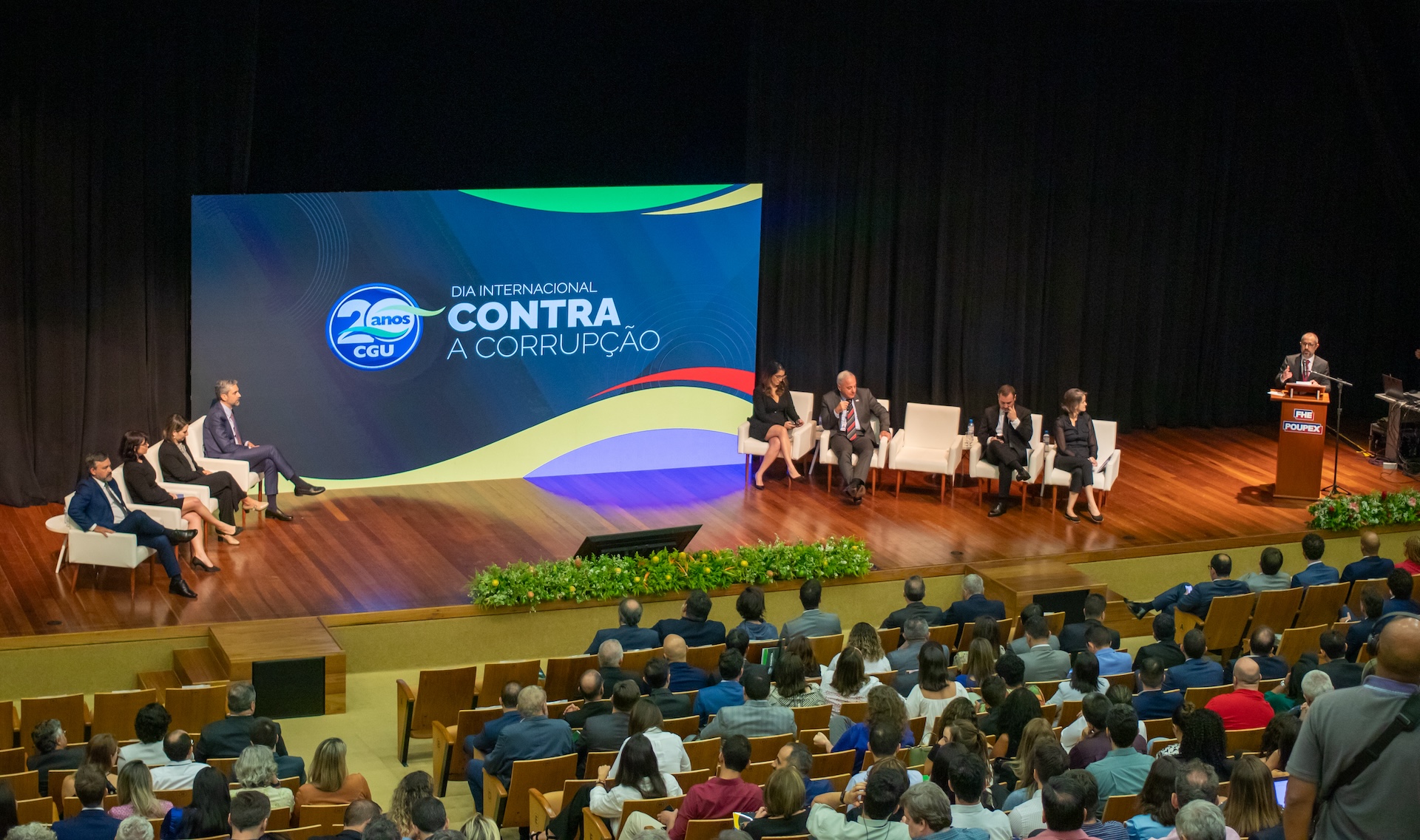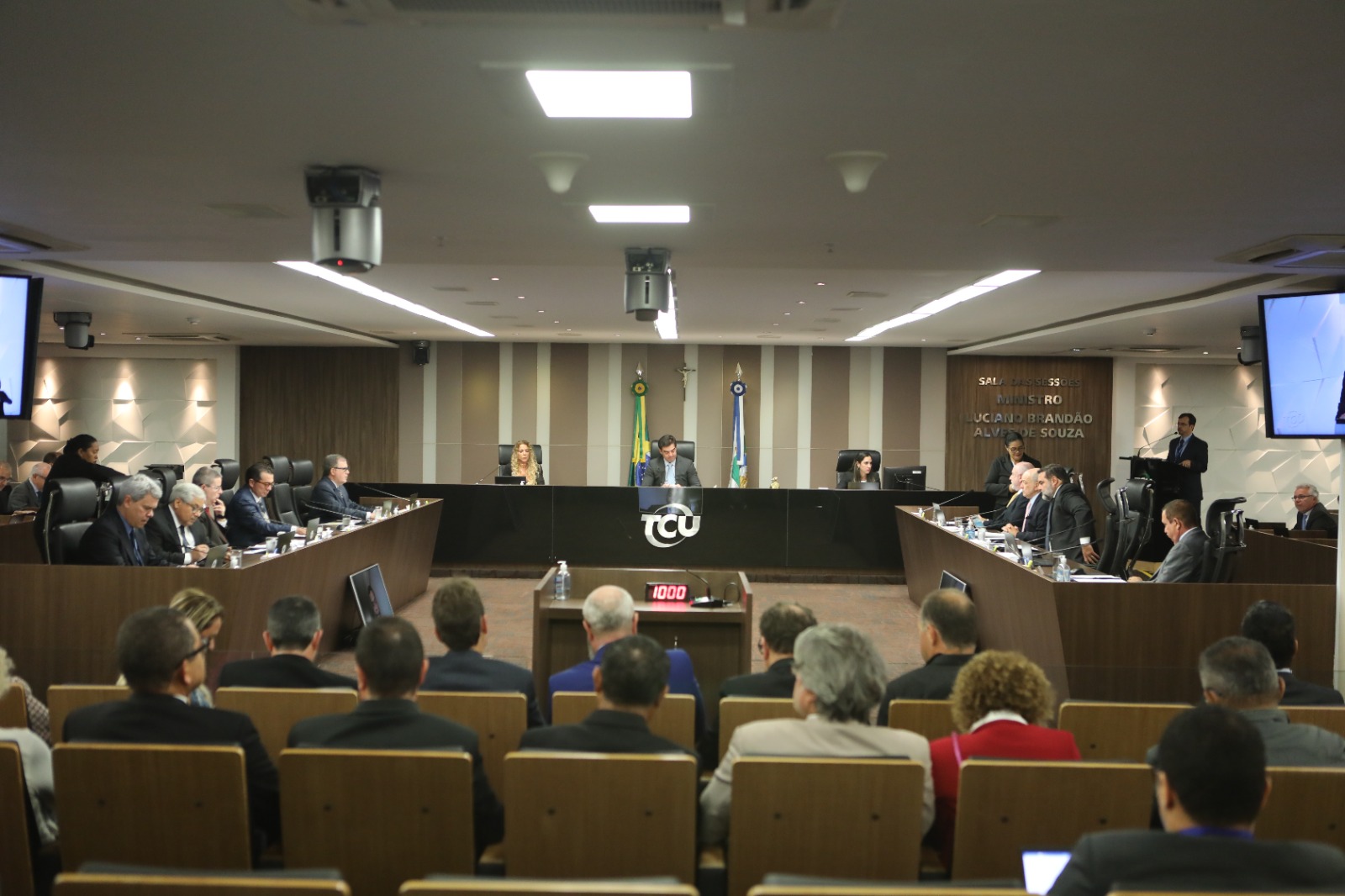20 years of the United Nations Convention against Corruption: a G20 committed to the issue
On December 9, 2003, the United Nations Convention against Corruption was signed in Mexico. The G20, through the Anti-Corruption Working Group in the Sherpas Track, and the B20 and SAI20 in the G20 Social, includes on the agenda topics relevant to anti-corruption efforts in the international community

The act or result of corrupting, adulterating, using illicit means for personal gain or institutional advantage. This is the general definition of corruption in dictionaries. It can be read from a historical, sociological and/or criminal view, on smaller scales, such as bribing a referee in a neighborhood soccer match, or on larger scales, as the cause of government crises, but one thing is certain: the combat against corruption is a central social requirement in societies in general.
In this way, it could not fail to be a highlight topic at the G20, especially this year, which marks the 20th anniversary of the United Nations Convention against Corruption. The Convention was signed on December 9, 2003 in Mexico and is the only legally binding multilateral international anti-corruption treaty. The International Anti-Corruption Day was established on this date as a result of proposals by the Brazilian delegation to the Convention.
Anti-corruption WG
In Brasil, it is the CGU, the federal government's internal control body, which monitors the implementation of the Convention and also leads the Anti-Corruption Working Group (WG) on the Sherpa Track. The most important points of the Convention deal with the following topics: prevention, penalization, asset recovery and international cooperation. As the G20 is one of the world's main forums for cooperation and the building of international policies and consensus, its ability to articulate and guide the actions of the Group's countries towards efforts to prevent and combat corruption is clear, in line with the fourth issue.
"It is a Convention that is somewhat daring, especially considering that it was idealized twenty years ago, and it has established minimum standards so that we have an environment of integrity in our institutions and in our international relations, whether public or private”, points out Vinicius Marques de Carvalho, Minister of the Comptroller General Office of Brasil (CGU).
The Anti-Corruption WG has been in existence for 13 years and focuses on disseminating best practices in the confrontation of corruption and addressing issues that arise, such as the application of new technologies to combat corruption schemes. This year, the elaboration of the 2025-2027 Action Plan will be an important result of the Brazilian presidency.
The first meeting of the WG will occur on December 13 in Atlanta (USA), during the Conference of the States Parties of the United Nations Convention against Corruption, which marks the 20th anniversary of the signature.

In addition to the WG coordinated by the CGU, the engagement groups (EG) Business20, led by the National Confederation of Industry (CNI), and SAI20, in charge of the Brazilian Court of Auditors (TCU), are engaged in the issue, since in order to combat corruption effectively, collective action is needed, uniting the public and private sectors.
The TCU is the body that monitors public spending, verifies that resources are applied in accordance with the law and, as presidency of the EG of the Supreme Audit Institutions, seeks to improve anti-corruption tools.
“The WG is a fantastic opportunity to exchange experiences and improve its mechanisms. To align procedures, because corruption often crosses borders, as in a multinational company that is submitted to corruption and acts in different countries. We need to be aligned”, highlights Marcelo Luiz Souza da Eira, the body's Secretary of External Control for Strategic Information and Innovation.
On the issue of combating corruption in the private sector, Cláudia Sender, coordinator of Business20's Integrity and Compliance Task Force, says that national companies are paying attention to the issue.
WG committed to the priorities of Brasil's G20 presidency
“Brazilian companies have shown great engagement in is related to improving governance and combating all forms of bribery and extortion”, explains Cláudia.
The Brazilian presidency of the Anti-Corruption WG believes that anti-corruption actions are fundamental if the G20 objectives are to be achieved, since corruption weakens democratic processes and the State of Law, accentuates inequalities, harms the population's quality of life, affects the economy and international pacts, among many other damages.
“The harmful effects of corruption are visible: unfinished construction work on schools and health posts, illegal deforestation and mining, the proliferation of militias and organized crime, among others”, adds secretary Marcelo Luiz Souza da Eira.
“We know that combating corruption effectively requires collective action, that is, the engagement of public organizations, society and the private sector. This is a clear message from the Brazilian presidency of the Anti-Corruption WG: we must conduct our work in a participatory way”, adds the CGU minister.